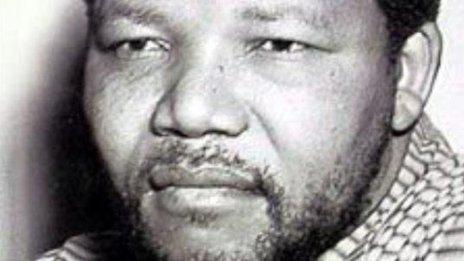Andrew Mlangeni: Last Mandela co-accused dies aged 95
- Published
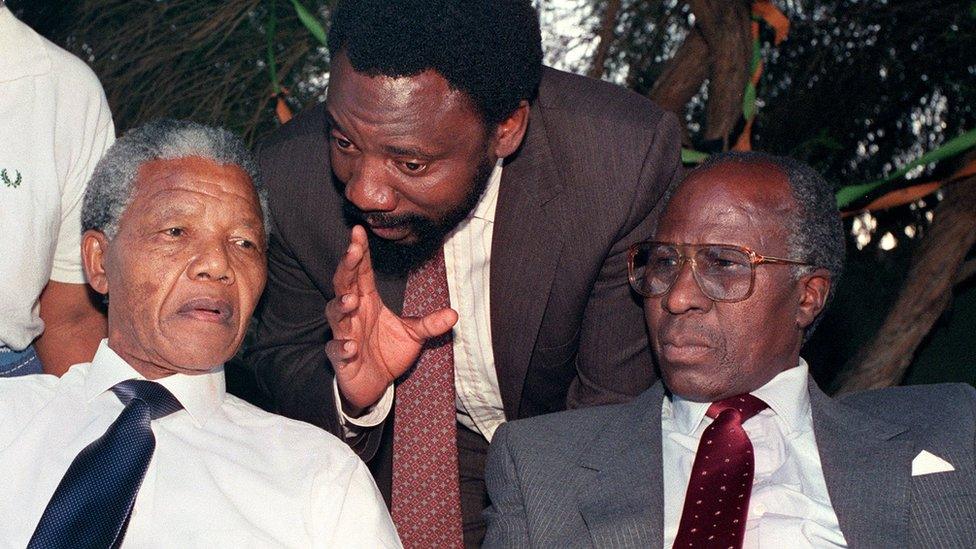
Nelson Mandela, left, and Andrew Mlangeni, right, listen to Cyril Ramaphosa in 1993
Andrew Mlangeni, the last surviving anti-apartheid activist convicted with Nelson Mandela at South Africa's infamous Rivonia Trial, has died at 95.
This was the trial considered to have brought Mandela to global attention.
Mr Mlangeni died after being admitted to a military hospital in Pretoria because of an abdominal complaint.
His death "signifies the end of a generational history and places our future squarely in our hands," President Cyril Ramaphosa said.
Who was Andrew Mlangeni?
According to Mr Mlangeni's 2017 biography, The Backroom Boy, Mandela selected him to join five other men in the first group of South African anti-apartheid activists to be sent to China for training.
Their training included classes in bomb-making, booby traps and secret communication techniques.
What was apartheid? A 90-second look back at decades of injustice
He returned to South Africa in 1963 and became a member of the high command of the ANC's armed movement, Umkhonto we Sizwe.
He disguised himself as a priest and travelled around South Africa recruiting young people to go abroad for training as fighters, until he was arrested and put on trial in the Rivonia treason trial.
Mr Mlangeni served 26 years in prison, incarcerated for most of the time on Robben Island, alongside Mandela.
After his release in 1989, he served as a member of parliament and lived in Soweto until his death.


Mr Mlangeni was a man of principle - a quiet authority, whose humility won over the hearts of many South Africans.
He described himself as "a backroom boy", never one to want political fame but instead working behind the scenes in helping to carve a new South Africa at the end of white minority rule.
He buried every last one of his fellow Rivonia trialists and friends.
His passing marks the end of an era, the last of a generation of indomitable struggle stalwarts.
Mr Mlangeni believed in the rights of black people, that their lives matter - but believed in unity too.
He did not want his jailers to suffer the same fate he did. Like Mandela, he believed that, in order for the majority of South Africans to be free, people like him would need to advocate peace instead of revenge.

What was the Rivonia trial?
The Rivonia Trial, lasting from October 1963 to June 1964, is widely considered to have been a pivotal point in the fight against the white minority government in South Africa and brought Mandela to the world stage.
Mandela's famous speech from the dock, declaring that freedom and equality was "an ideal for which I am prepared to die", became a rallying cry for black people under the apartheid regime.
Mandela and Mr Mlangeni were convicted along with six others of sabotage in the trial, named after the suburb of Johannesburg where some of them were arrested.
They served long prison terms with Mr Mandela's being the longest, 27 years, until his release in 1990.
Mandela died in 2013 aged 95.
- Published8 March 2018
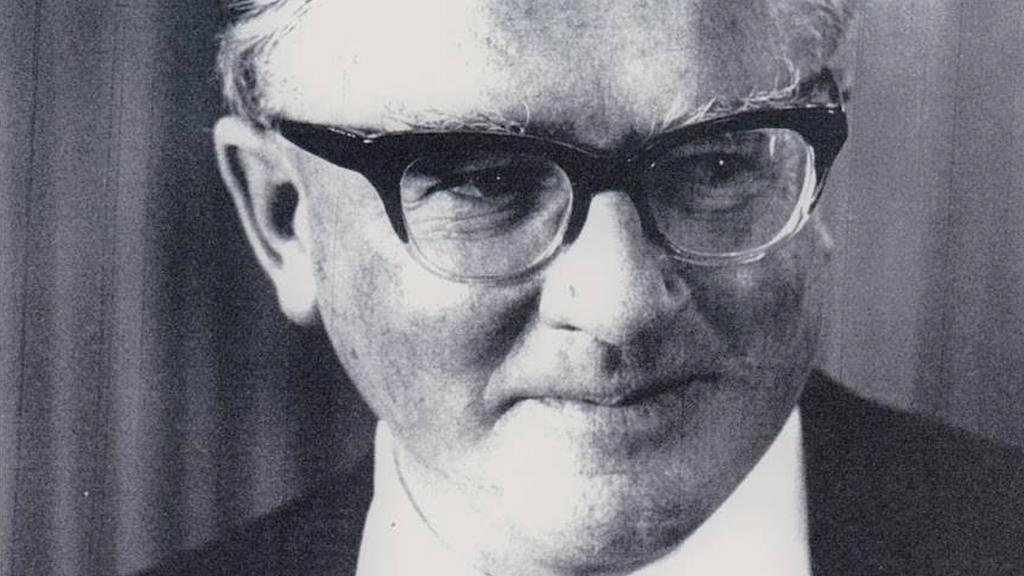
- Published6 December 2013
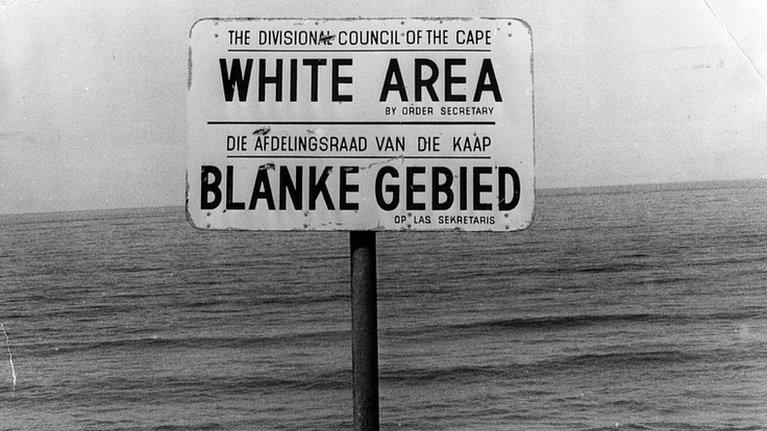
- Published11 July 2013
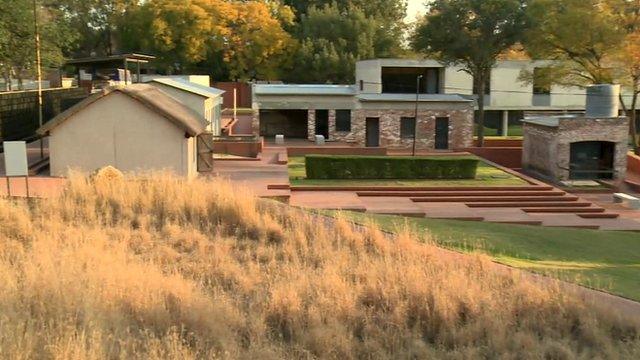
- Published7 December 2013
